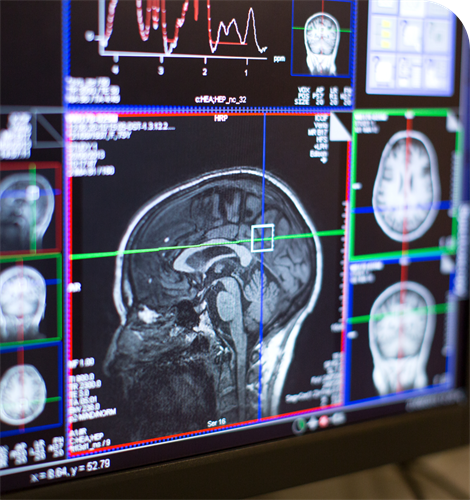
What is Interventional Science?
Within this theme, our focus is on developing novel clinical devices that can revolutionise the field of cancer care. These devices are designed to enable accurate and efficient cancer diagnosis, providing clinicians with critical information for informed decision-making. Additionally, we wish to create advanced technologies that can improve treatment efficacy and precision, allowing for personalised therapeutic interventions tailored to individual patients. Furthermore, our efforts extend to developing methodologies and tools for effective therapy monitoring, facilitating timely assessment and adjustments to treatment plans as necessary. However, our mission goes beyond the development of these ground-breaking solutions. It is equally crucial to ensure the successful integration of these innovative technologies into clinical practice. Achieving high rates of clinical adoption is paramount, as it is only through real-world implementation that we can truly make a positive impact on patients' lives. This requires collaborating closely with healthcare professionals, regulatory bodies, and other stakeholders to address challenges associated with adoption, such as regulatory compliance, reimbursement mechanisms, and integration into existing healthcare systems

The application of convergence science to medical interventions focuses technological development around the needs of the practitioners and patients. The challenges surrounding clinical adoption often arise from inadequate clinical positioning or the lack of knowledge of real-world clinical needs. The theme of Interventional Science aims to fully position our innovations within the real-world ecosystem. We want our technologies to be tested, developed and optimised with the know-how and acceptance of the people who ultimately use them. This means to confront our ideas to patients, clinicians and practitioners for them to open our eyes on the reality of their experience with medical technologies. The innovations we aim to promote will span across the entire patient journey from early detection and diagnostics, therapy monitoring devices, biologically informed surgical innovations, novel interventions and real-time image guidance for radiotherapy. We wish to innovate in devices that can be used during therapy to assess the precision of the intervention and/or the immediate response to the treatment as well as devices monitoring the medium to long-term response to therapy, particularly technologies usable at home, preventing therapy failure, rehospitalisation and relapses or improving the patient wellbeing and quality of life. We support methodologies aimed at improving clinical decisions, addressing patient stratification, diagnosis refinement, and triage of patients.